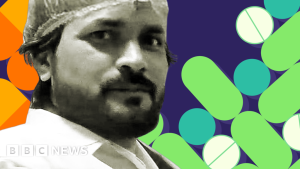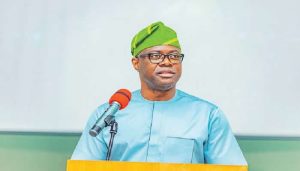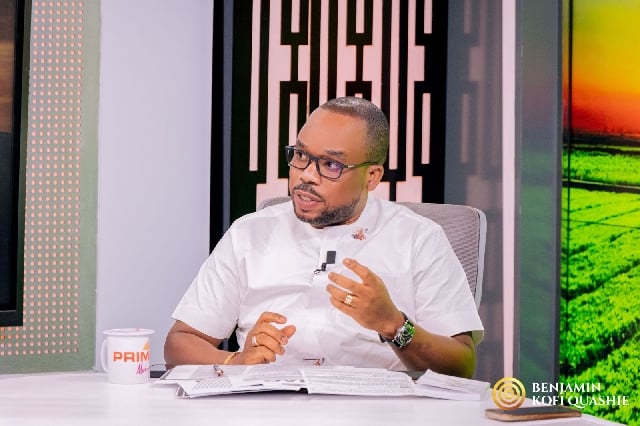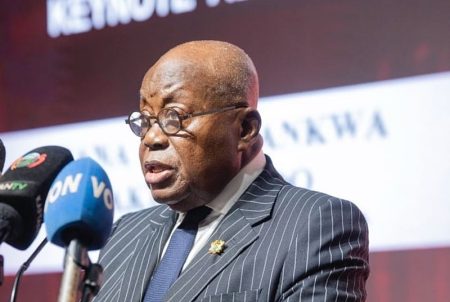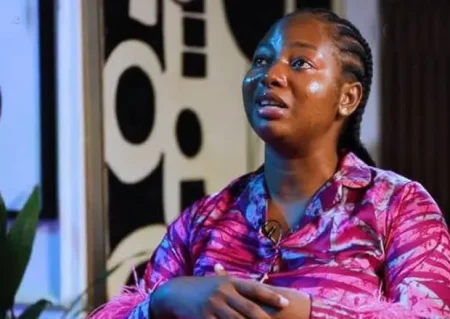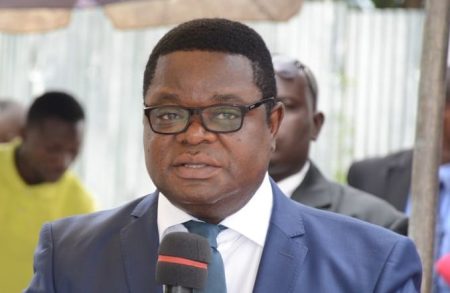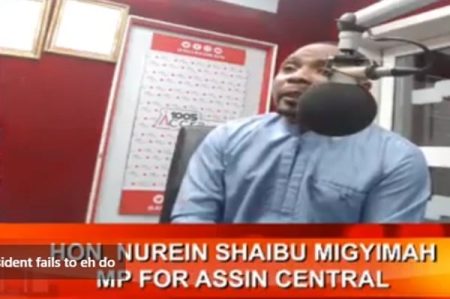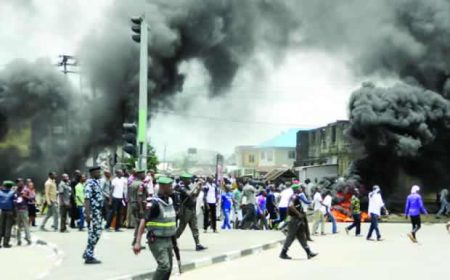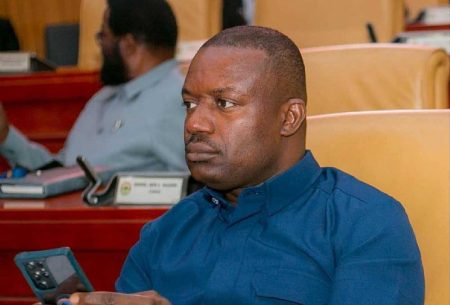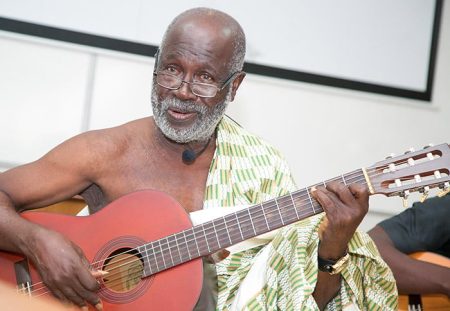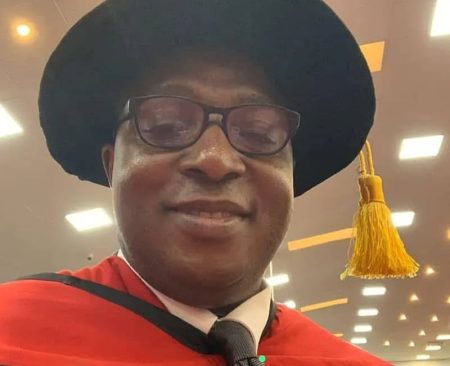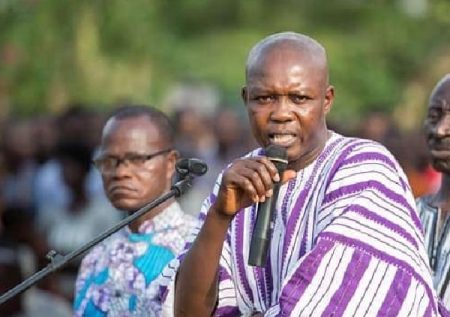The recent outbreak of violence during the Council of State elections in Ghana has sparked widespread condemnation and introspection, with Benjamin Kofi Quashie, South African Council of Elders Chair for the National Democratic Congress (NDC), characterizing the events as deeply regrettable. Speaking on a television news program, Mr. Quashie lamented the politicization of the Council of State elections, a process ideally designed to be non-partisan. He highlighted a disturbing trend where both the NDC and the New Patriotic Party (NPP) have, in the past, declared victory in these elections, suggesting a fundamental misunderstanding of the Council’s intended role as an advisory body to the President. This politicization, according to Mr. Quashie, undermines the very essence of the Council’s purpose as envisioned by the framers of the Constitution. He called for a national conversation on revising the selection process for Council members to depoliticize the institution and ensure its focus remains on national interests.
Mr. Quashie took issue with accusations levied against the NDC for instigating the violence, criticizing what he perceived as double standards within the NPP. He argued that condemning acts of violence should be a universal principle, regardless of the perpetrator’s political affiliation. Citing past incidents where individuals perceived to be associated with the NDC experienced home invasions during the NPP’s tenure, Mr. Quashie pointed to a pattern of selective outrage where the NPP readily condemns actions by the NDC while remaining silent or even justifying similar actions perpetrated by its own members. This, he argued, creates a dangerous precedent and hinders the development of a fair and just political landscape.
Mr. Quashie’s central argument revolves around the importance of upholding constitutional principles and promoting a culture of accountability that transcends partisan politics. He acknowledged that certain actions within the NDC also warrant condemnation, emphasizing that he and other members are willing to speak out against wrongdoing within their own party. However, he stressed that this commitment to accountability should not be selective, and the NPP must also adopt a consistent approach to condemning acts of violence and misconduct, regardless of political affiliation. The focus, he argued, should always be on upholding the principles of the constitution and promoting the overall good of the nation.
The interview offered a critical perspective on the escalating political tensions surrounding the Council of State elections, highlighting the need for a concerted effort to depoliticize critical institutions and foster a culture of respect for constitutional principles. Mr. Quashie’s call for a review of the Council’s electoral process reflects a growing concern about the increasing influence of partisan politics in what should be a neutral advisory body. His condemnation of the violence and the subsequent blame game between the two major political parties underscores the urgent need for a more mature and responsible approach to political discourse and conflict resolution.
Mr. Quashie’s comments resonate with concerns about the potential erosion of democratic values and the importance of holding all political actors accountable for their actions. His emphasis on constitutionalism and non-partisan governance reflects a desire to move beyond the current climate of polarized politics towards a more constructive and collaborative approach to nation-building. The incident serves as a stark reminder of the fragility of democratic institutions and the importance of maintaining vigilance against any attempts to undermine their integrity.
The future of Ghana’s democratic project, according to Mr. Quashie’s perspective, hinges on the ability of political leaders to prioritize the national interest over partisan gains. The violence surrounding the Council of State elections serves as a wake-up call, highlighting the urgent need for dialogue and reform to ensure that democratic institutions remain independent and effective. The challenge now is to translate these concerns into concrete action and promote a more inclusive and accountable political culture that serves the interests of all Ghanaians. Only then can the nation hope to realize the full potential of its democratic promise.


